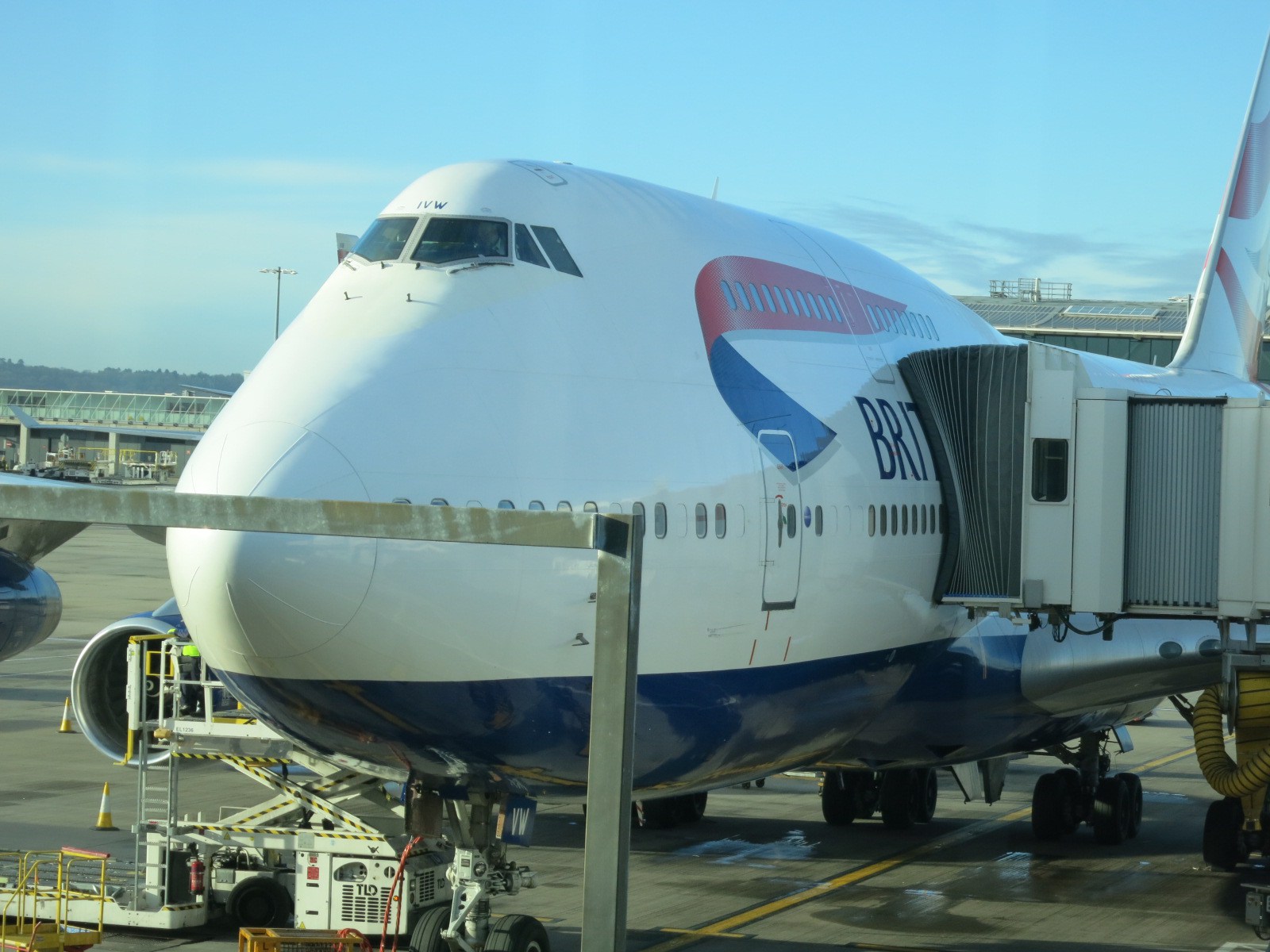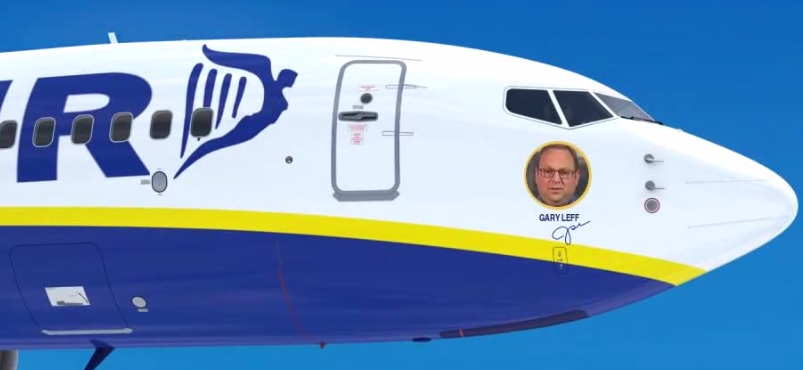It’s almost impossible to sue an airline except for violations of federal law and explicit breaches of contracts (and they write the contracts). State contract claims like duties of good faith and fair dealing are pre-empted by the Airline Deregulation Act. This was ruled explicitly on with regard to frequent flyer programs two years ago in Northwest v. Ginsburg.
But consumers can complain to the Department of Transportation (even if DOT has been improperly ignoring legitimate loyalty program complaints). They can also sue in small claims court, where pre-emption issues are unlikely to carry as much weight and where the cost of an appeal is likely greater than whatever relief is obtained.
In the UK, though, airlines will soon be able to charge consumers for certain kinds of complaints.
On August 21, it was revealed that several U.K. airlines would start charging passengers £25 ($33) to file a grievance.
Though fliers can still write a letter of complaint without paying a cent (though who writes a letter?), airlines have changed their approach to protracted claims: Earlier in August, the Civil Aviation Authority (CAA) announced that it would hand off the task of dealing with complaints to dispute resolution companies.
Previously, the CAA was in charge of mediating between customers and airlines for a variety of issues—flight cancellations, missing luggage, and how much disgruntled travelers should be compensated. But those rulings were not legally binding, and passengers would often turn to the court if the airline refused to pay.
With this new third-party system, the decision will be legally binding—and keep cases from landing in court. Some of the companies charge for their services, which means airlines may now pass on the costs to customers if the disputes can’t be solved internally.
The Centre for Effective Dispute Resolution “charges £25 for unsuccessful claims and registered users include British Airways, easyJet, Thomas Cook and cruise company TUI.”

You can still complain directly to your airline and you now have a binding mechanism to push farther if the airline doesn’t address your concern. But in the case of British Airways and easyJet which are using a service that charges consumers who lose, there’s a cost to following up and seeking outside redress.
The £25 fee is charged up front, and then refunded if the customer prevails.
Not all private dispute firms charge a fee. Ryanair and Wizz Air use a firm called Retail Ombudsman, which does not charge consumers.

While less costly to consumers than going to court, companies also prefer alternative dispute resolution. What remains to be seen is what outcomes of these proceedings look like. Will the Centre for Effective Dispute Resolution get to keep the British Airways contract if they rule against BA too frequently?


“Centre for Effective Dispute Resolution” – what kind of a name is that? Sounds so Orwellian!
Companies generally prefer arbitration. I’m surprised they’re making it more expensive to go this route.
It’s a reasonable fee to cover the administrative costs germane to the receipt, handling, research, follow-up, and archive of correspondence. Often when pax complain thwy want something for nothing, don’t tell the full story, and tend to throw the baby out with the bath water.
UK government charges fees to call their consulate and other services, fees for this kind of thing is far more commonplace and accepted there.
I feel like the problem is rooted somewhere near the fact that you are running a business so poorly that this needs managing.
Finally something @Josh G and I agree on, with the caveat that I do have a concern that I flagged at the end of the post — that the airline is a major customer of the alternative dispute resolution company. So regardless of whether that company charges a modest fee to customers which applies only when the complaint is deemed invalid, the company has a strong incentive to keep the airline happy so they don’t lose the contract.
@ Gary:
First time for everything and thanks for your comment.
I’d love to have an ADR option in the USA as it would be faster and more efficient than filing a small claims action every time the airline blows off a complaint. And $25 seems reasonable to deter people from filing frivolous claims.
But, as you note, the flip side is that the airlines (like other industries) often stack the arbitration panels in their favor. And the airline pays the bills. So there needs to be some guarantee that arbitrators will be neutral, as is the case with commercial arbitration of high stakes matters.
Wondering if the online travel agencies — Expedia and affiliates In particular have a fair arbitration procedure or if the arbitrators have an incentive to file in favor of the online travel agency so that they get further cases?
Interesting how all of these companies are “merging” or at the very least combining to screw the leisure passenger.
If you are 30 minutes to your departure time at LON airports easy Jet boarding passes will not scan at security and the pass is charged at least 80 euro to rebook. When did the private airport security, the private owned airport and Easy Jet merge?
Now this?
I remember when Ryan Air and Easy Jet had disabled passengers call a toll paid phone line and wait on hold to request disabled assistance. That went on for years…
In europe, if you can’t get them by train why bother to go?
Such things are coming to the USA, Asia, AUS too.
I say in response to all of this the airlines should be required to have 80 pounds or euro cash on hand to give to each customer when they are at least 30 minutes late. Considering that no one actually pays out from the EU regulations anymore without contacting your MEP this would be an improvement.
Or maybe we should all just stay home.